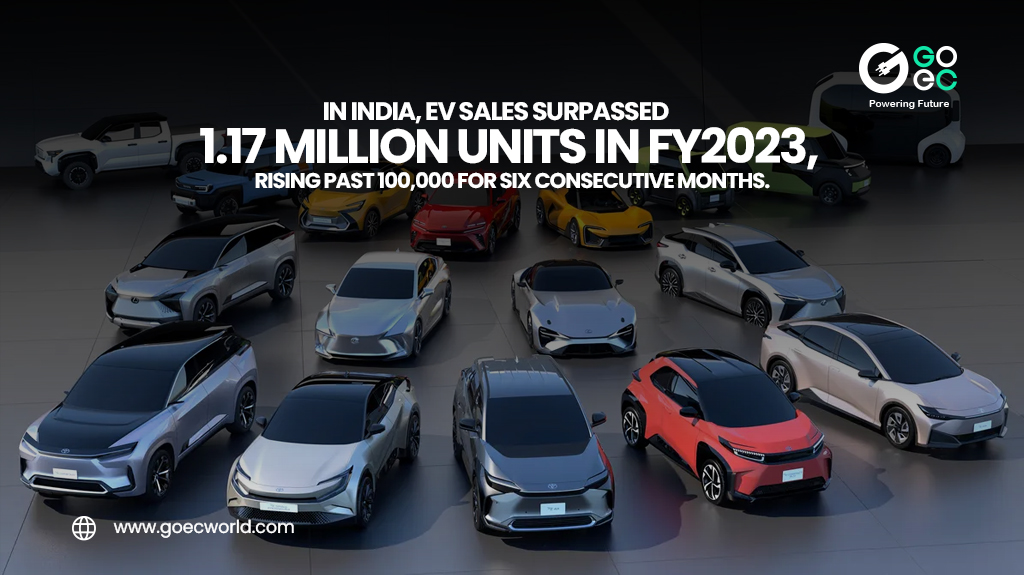According to a new study by Recurrent Auto, battery lifespan might not be as big of a concern for electric vehicle (EV) owners as previously thought. The research found that only 1.5% of batteries in a community of 15,000 EVs had been replaced, excluding massive recalls, demonstrating that battery replacements are relatively rare. Most replacements occur while the car is still covered by a warranty, which for EV batteries is eight years or 100,000 miles, with some automakers offering even more coverage. Additionally, degradation of EV batteries isn’t linear, with a marked drop in range often occurring in the first 20,000 miles, but then stabilising and remaining relatively constant for several years. However, the study’s authors acknowledge that the relative youth of the EV industry means that we won’t have a full picture of battery lifespan for some time.
In other news, electric vehicle sales in India hit 1.17 million units in FY2023, an increase of 155% YoY, according to Vahan data. The three-wheeler and two-wheeler segments continue to dominate EV sales in the country, with 399,540 and 720,733 units sold, respectively. Tata Motors leads the electric passenger vehicle segment with a 79% market share, while Mahindra Last Mile Mobility is the market leader for electric three-wheelers with a 9% share. The increase in EV sales has been driven by a combination of factors, including government subsidies and growing consumer awareness about the need for eco-friendly transport. The shift to EVs is expected to accelerate in India due to increased allocation of the FAME II subsidy and the focus on this segment of the automobile industry in the Union Budget 2023.
